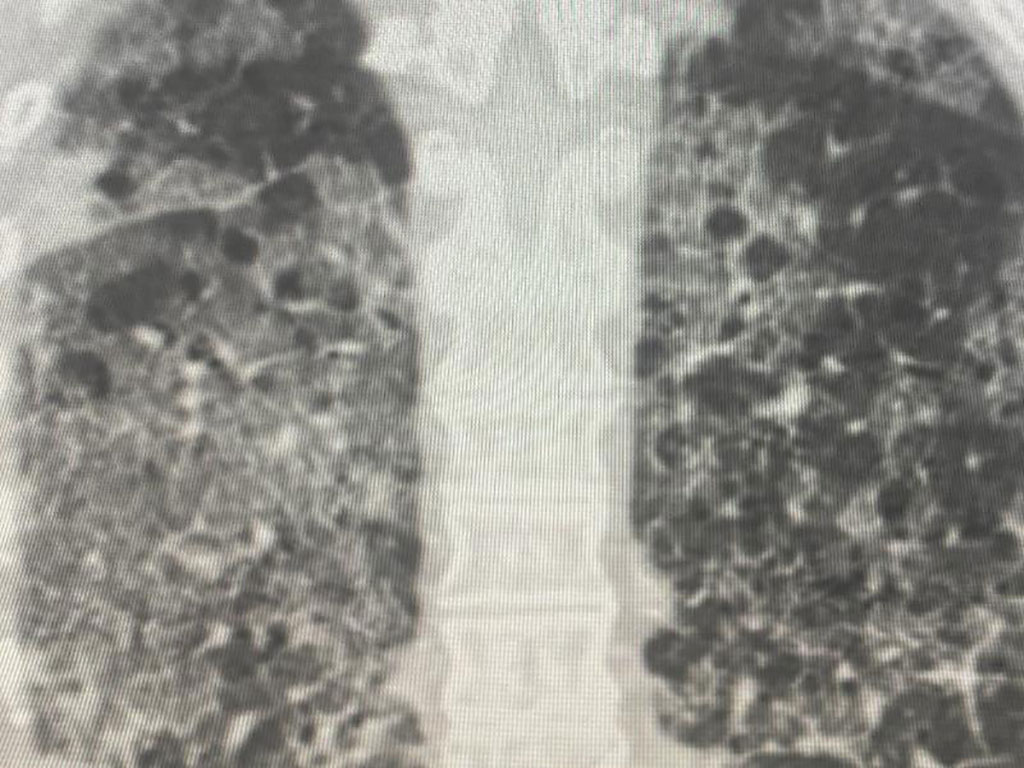AI Algorithm Combines CT Images with Non-Imaging Data to Accurately Predict COVID-19 Patient Outcomes
By MedImaging International staff writers
Posted on 24 Nov 2020
A team of engineers at the Rensselaer Polytechnic Institute (Troy, NY, USA) has demonstrated how a new algorithm they developed was able to successfully predict whether or not a COVID-19 patient would need ICU intervention. Posted on 24 Nov 2020
With communities across the nation experiencing a wave of COVID-19 infections, clinicians need effective tools that will enable them to aggressively and accurately treat each patient based on their specific disease presentation, health history, and medical risks. The artificial intelligence-based approach could be a valuable tool in determining a proper course of treatment for individual patients.

Illustration
The research team developed this method by combining chest computed tomography (CT) images that assess the severity of a patient’s lung infection with non-imaging data, such as demographic information, vital signs, and laboratory blood test results. By combining these data points, the algorithm is able to predict patient outcomes, specifically whether or not a patient will need ICU intervention. The algorithm was tested on datasets collected from a total of 295 patients from three different hospitals - one in the US, one in Iran, and one in Italy. Researchers were able to compare the algorithm’s predictions to what kind of treatment a patient actually ended up needing. The researchers will now integrate their new algorithm with another developed previously to assess a patient’s risk of cardiovascular disease using chest CT scans.
“We know that a key factor in COVID mortality is whether a patient has underlying conditions and heart disease is a significant comorbidity,” said Pingkun Yan, an assistant professor of biomedical engineering at Rensselaer Polytechnic Institute who led the research team. “How much this contributes to their disease progress is, right now, fairly subjective. So, we have to have a quantification of their heart condition and then determine how we factor that into this prediction.”
Related Links:
Rensselaer Polytechnic Institute














